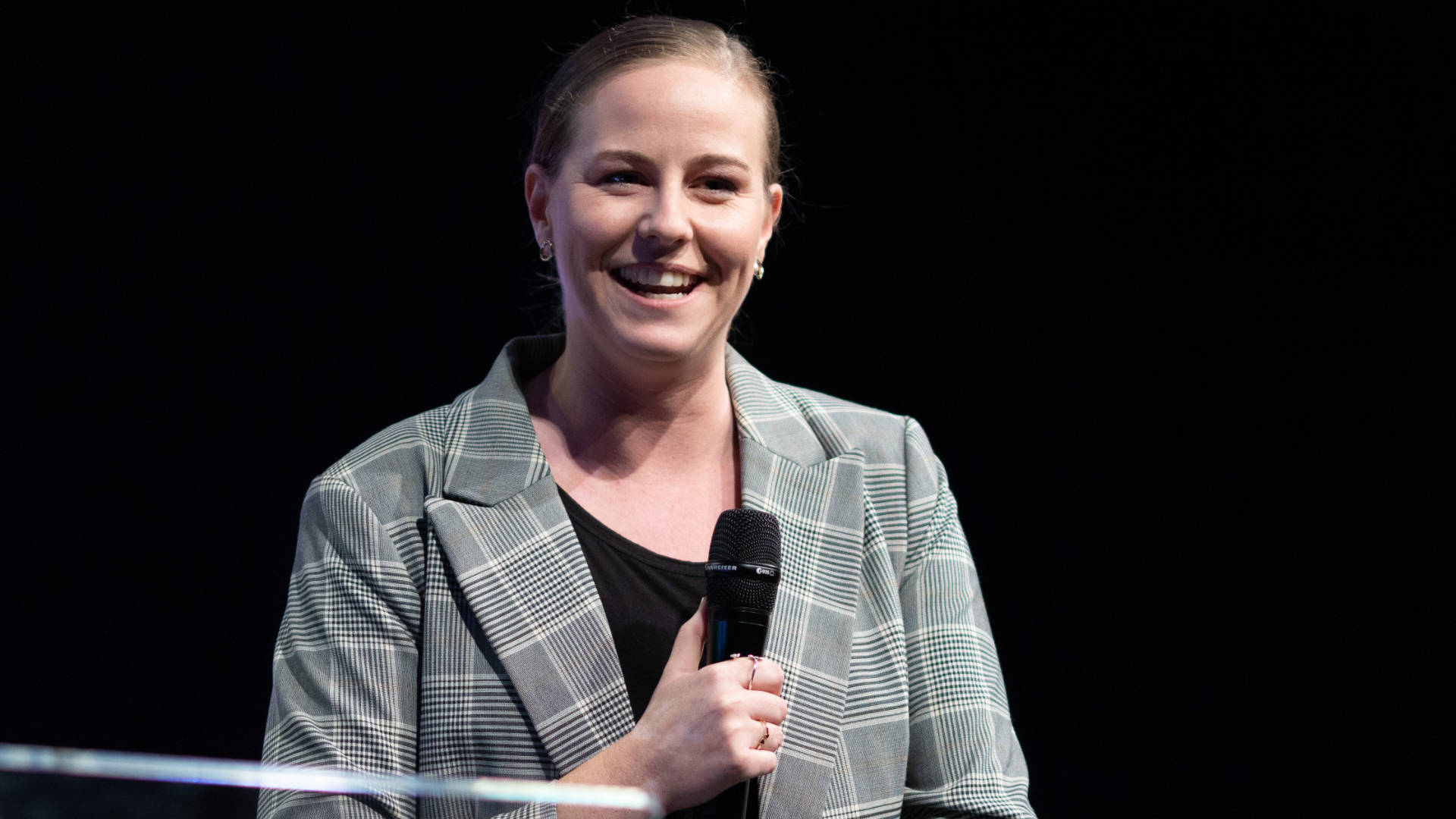
August 2019
Why do we love a comeback story?
The story of Naomi is a great reminder of making a comeback to modern-day Christians, explains Hayley Barrett, the teaching pastor at Elim Christian Centre in Auckland, New Zealand
People love a comeback story. I remember one particular cricket match I was playing in back in Auckland where we were quite happy with our batting total of 90, which in women’s cricket is not as depressing as it sounds.
But the opposition were 70 for just one wicket, creaming it all over the place. But then we took one more wicket and all of a sudden the wickets started tumbling and it became so tense. All of a sudden, the scores were tied and we get a miraculous LBW and start a lap of honour as we celebrated this draw like it was a World Cup win.
It was a great comeback – the reason we are drawn to comebacks is because we know our story is one of comeback. I’ve never met any Christian who has told me their life was handed to them on a silver plate and never faced an obstacle. We all feel like we are on the comeback trail – whether it is from a problem, mistake or sickness.
If you love comeback stories, you need to get to the book of Ruth in the Bible and read about a lady named Naomi. At the start of this story, we see Naomi making an incredible decision to leave Bethlehem – where she had been based – and move and settle in the land of Moab.
This story comes in the context of the Judges’ era, which means they started out in the Promised Land – the land flowing with milk and honey – and abundance would follow them. Yet the Bible tells us there was famine there. Why? Because people were not following the ways of God and pride had crept into their lifestyles.
Famine in the Promised Land was not about the lack of God’s provision or a question of his faithfulness, but a question of human obedience. It wasn’t a lack of goodness from God, it was a lack of human interaction with heaven. We see this cycle through the book of Judges where Israel would walk with God, disobey, fall out of favour and then return again.
In this story we see a decision being made to leave the place of God’s provision. They leave for Moab – the moment the squeeze comes on they pack their bags and take the situation into their own hands rather than staying in the place of promise and trusting that God would come through.
How often do we do the same? We take the promise into the flesh. Don’t settle for a land which is just outside the land God promised you. You compromise your fruitfulness where you choose to settle outside the provision of God.
It’s time for us to get back to Bethlehem. It doesn’t stop with us just returning to a land, it is returning to a place of trusting in the provision and promises of God. It is a return to faithfulness and believing God will come through and provide.
Naomi had been living in a place of bitterness. She had settled in the place which was outside of God’s will for her life, but she decided to return to Bethlehem, and Ruth insisted on making the journey with her. Ruth means ‘friend’, and I believe for every Naomi who needs to return to Bethlehem, God will provide a Ruth to make the journey together. You were never designed to make this journey alone. You were never designed to live outside of the Promised Land. God has provided for you!
Enjoy this article? Don't forget to share